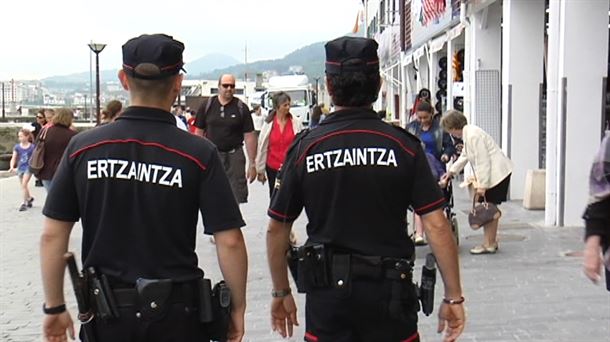Neighboring country Bolivia has confirmed that it will be able to send more natural gas to Argentina during the winter months than the 14 million cubic meters it supplied last year, which will be approved at a meeting to be held. On Thursday, April 7, in Buenos Aires, Presidents Alberto Fernandez and Luis Arsi will pay their first official visit to the country.
Ariel Basteiro, the Bolivian ambassador, confirmed the agency to Télam and also stressed that “the main purpose of President Arsi’s first official visit to Argentina is to close negotiations on a gas sale agreement, which has been suspended since last December.” Due to the expiration of the fifth annex to the original contract signed in 2006.
The dialogue between the two heads of state, scheduled for Thursday morning, may also include the signing of a framework cooperation agreement.
Lithium
Work is also underway to conclude an agreement on the development of an international research center on lithium production, a mineral the two countries plan to develop to meet energy demand.
Basteiro noted that the fifth addition, which expired on December 31, was “postponed without the possibility of an agreement” between Integración Energética Argentina (IEASA) and Yacimientos Petrolíferos Fiscales Bolivianos (YPFB) due to the impossibility of an agreement between the neighboring countries. Shipping the volumes of gas that our country expects will require a peak in winter demand.
“The acceleration of the agreement began with the meeting of the presidents in Chile,” in connection with the inauguration of Trans-Andean President Gabriel Boric, in which “Alberto Fernandez raised the need to resolve the issue of gas supply to Ars.” From where the exchange of technical proposals began, which today allowed me to “be very close to the agreement,” Basteiro said.
As part of these talks, the diplomatic representative noted that Bolivia is asking Argentina to guarantee the supply of wheat for the production of local flour and to maintain the historical levels required for the Bolivian market.
“Bolivia knows that Argentina is an ally and friend, and the relationship between the two presidents was crucial in reaching an agreement,” the ambassador said, noting that based on this understanding, Argentina “would have guarantees of gas supplies in the winter.” And this will reduce the need to import liquefied natural gas (LNG) by gas tankers.
The deal, which the presidents could close this week, provides for “more gas shipments from Bolivia than I delivered last year, 16 to 18 million cubic meters per day during the winter months,” which equates to an improvement of about 20 years. % On average compared to the 14 million cubic meters that Argentina received in 2021 and 30% more than in 2020.
As a result of the misunderstanding, the IEASA and YPFB agreed to send 7.5 million cubic meters of gas per day (Mm3 / d) in the first three months of this year, a volume that could now be doubled under the new agreement. .
“Bolivia’s decision is very strong and it is ready to meet Argentina’s needs,” Basteiro said, adding that the Arce government had decided to cut gas supplies to Brazil to meet the country’s goals.
As for the price of Bolivian gas, Argentina was paying $ 8 million per BTU, and although the contract recognizes the increase as a result of the calculation formula between the two parties, “it will be substantially much lower than the values. It will have to pay if, instead of this gas, we will need to import liquid fuel or liquefied natural gas, ”which currently stands at about $ 40 per million cubic meters.
Basteiro clarified that the project envisages that the volumes supplied to date will retain the price and that all new surpluses will be recalculated based on the equation.
Winter and gas demand
For this winter, the Secretary of Energy estimated that from May to September, national gas accounts for 73% of demand, while 9% and LNG must be imported from Bolivia to cover the remaining 18% of total projected demand.
Last week, IEASA completed a tender to purchase the first LNG vessels for re-registration at the Bahia Blanca and Escobar terminals at an average price of $ 40 per MMBTU, almost five times what it received a year ago when it paid an average. $ 8.5.
LG Info from Télam
Source: El Diario
I’m an experienced news author and editor based in New York City. I specialize in covering healthcare news stories for Today Times Live, helping to keep readers informed on the latest developments related to the industry. I have a deep understanding of medical topics, including emerging treatments and drugs, the changing laws that regulate healthcare providers, and other matters that affect public health.



